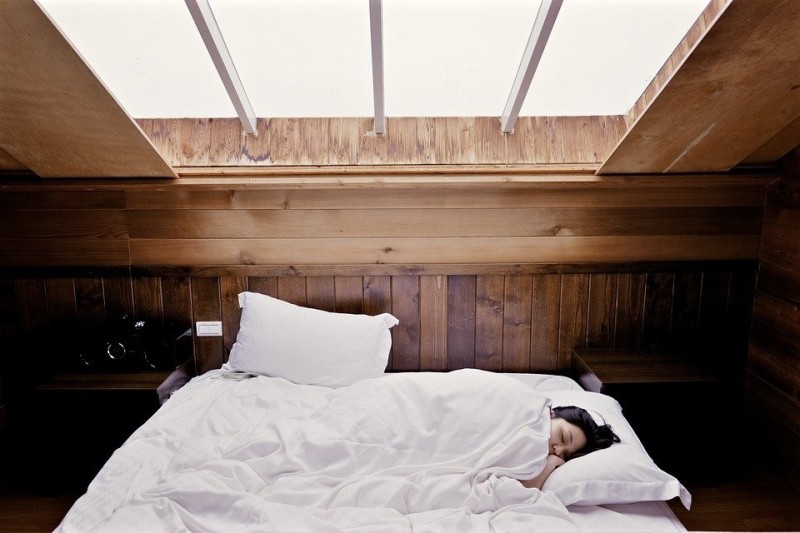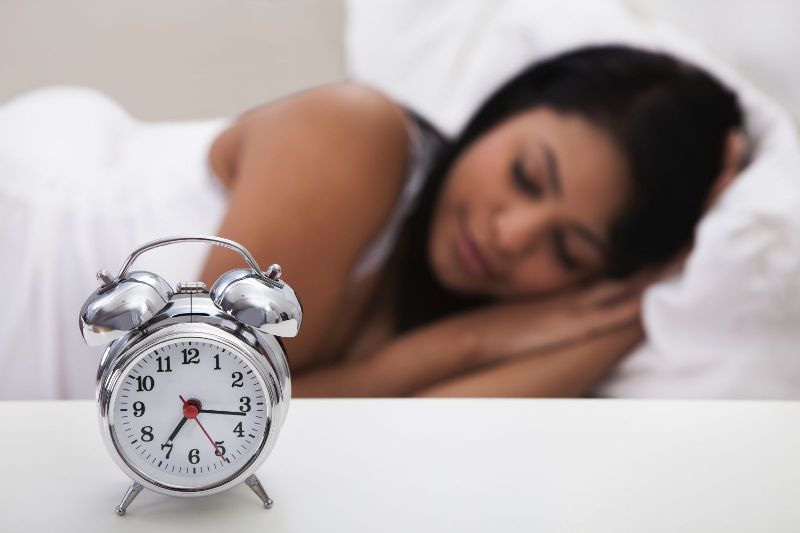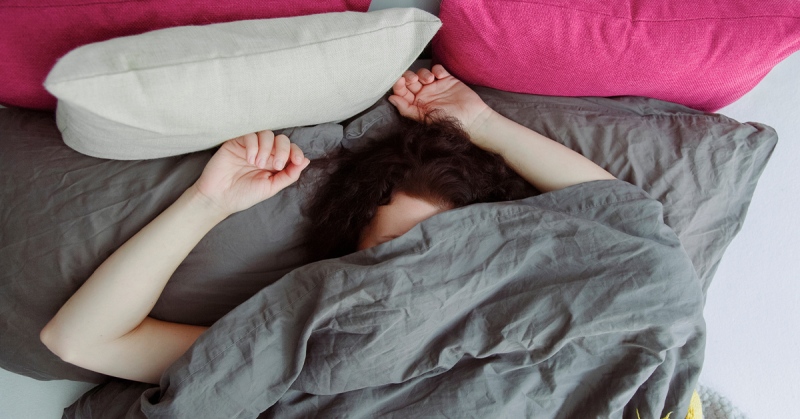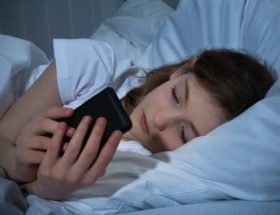
Struggling to Get Good Sleep? Here are 4 Things You Should Do
A good night’s sleep will have you waking up feeling refreshed, rejuvenated, and ready to take on the day. However, a bad night’s sleep will make you sluggish, irritated and ruin your day. Sleep is not only essential to have a productive day, but it’s also necessary to maintain good health.
Although, some have a hard time attaining a full night of rest. There are many reasons why a person can’t fall asleep, wakes up frequently, or tosses and turns all night. Causes could range from stress to diet to caffeine intake.
Whatever your cause may be, here are four easy ways to get better sleep at night.
1) Take Supplements
When sleep doesn’t come easily, many people turn to sleep pills or supplements to aid in the process. They have been proven to work for many people. For example, SugarBear gummies have melatonin, which is the safest, most effective way to induce sleep as it is already naturally produced in the body.
Melatonin is recommended because it doesn’t make you drowsy or even loopy like other pills. Instead, it sets off a signal in your mind that it’s time to go to sleep.
2) Exercise Regularly

Exercise is a great way to stay in shape and maintain a healthy weight. It’s also great for mental health and can help you to sleep better. Exercise allows your body to get rid of any excess energy that could keep you from falling asleep at night. Try working out at least once a day to get better sleep at night but DO NOT exercise right before bed.
Physical activity creates a natural energy boost and will leave you feeling restless when it’s time to sleep. Exercise as least 3-4 hours before bed to allow the energy burst to wear off and sleepiness to settle in.
3) Reduce Caffeine Intake
Many adults rely on caffeine to get through the day. Some like to start off the day with a single cup of coffee or an energy drink, and that’s fine. When caffeine is consumed more than 8+ hours before you go to bed, it will have less of an effect on your sleep schedule. The issue is when people begin to consume three or more caffeinated drinks regularly throughout their day. Caffeine can also affect sleep if you consume it in the evening or too close to bedtime, even if it’s only one drink.
If you like to consume caffeine to help you start the day, then you definitely should. Remember not to drink too much coffee or consume it too close to bedtime.
4) Take Time To Relax

Stress is another big factor in determining why you may be having sleep issues. Stress and anxiety can keep your mind racing the minute you set your head on the pillow. This makes it difficult to relax and become comfortable enough to rest.
Life can be stressful, and it’s totally normal to worry sometimes. Too much worry, however, is a problem. Try to do some activities that help you relax, like taking a hot bath, reading, or meditating.
Whatever stress reliever works for you should be done nightly to reduce worry, so you can get a good night’s sleep.
Conclusion
Sleep is essential and doesn’t have to be a struggle to achieve every night. Make sure to consume less caffeine as its whole purpose is to keep you awake. Exercise regularly and find a sleeping supplement that is healthy and doesn’t cause adverse side effects. You also deserve some self-care, so treat yourself to a relaxing activity. It may make a huge difference when it comes time to doze off. Sweet dreams!









